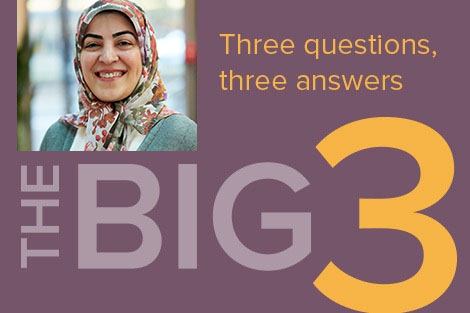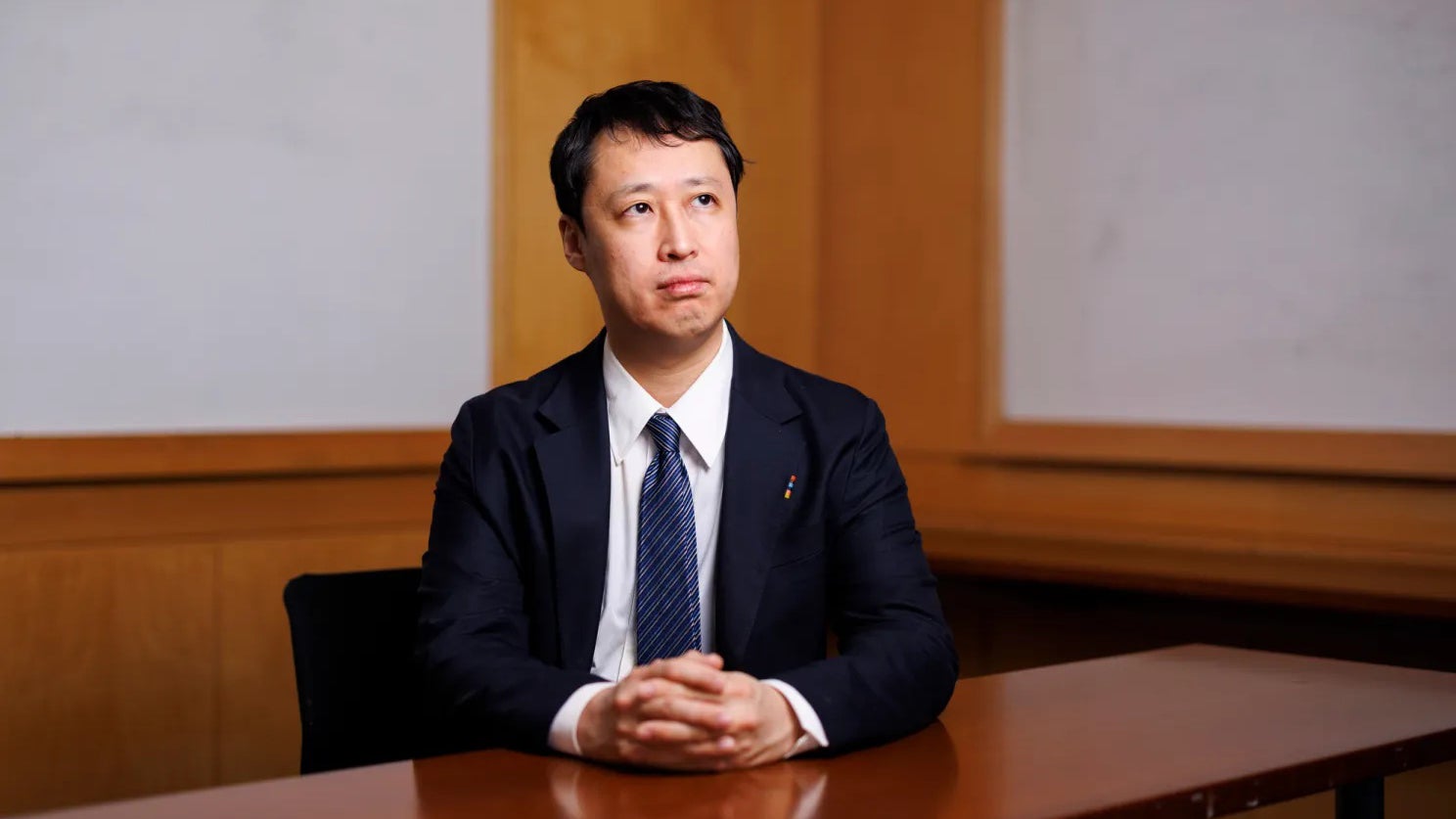Eating more fruits and vegetables may help breast cancer survivors live longer

November 19, 2020—Maryam Farvid, research scientist in the Department of Epidemiology at Harvard T.H. Chan School of Public Health, is first author of a new study in Cancer Research that examined the impact of fruit and vegetable consumption among women diagnosed with breast cancer.
What did your study find?
We examined data on nearly 9,000 women with breast cancer who were followed for up to 30 years, and observed that those who consumed higher amounts of fruits and vegetables after their diagnosis were less likely to die during the study period than those with lower amounts of fruits and vegetables in their diets. High fruit and vegetable consumption, and high consumption of just vegetables, was associated with lower mortality from all causes—most women with breast cancer die from other causes. Some subgroups of fruits and vegetables were also associated with lower all-cause mortality, including leafy green vegetables, cruciferous vegetables such as broccoli, fruits and vegetables high in vitamin C, and vegetables high in beta-carotene.
We also observed that eating high amounts of blueberries was significantly associated with lower breast cancer-specific mortality, as well as all-cause mortality. This may be because blueberries contain bioactive components that may prevent or slow breast tumors from growing or spreading.
A surprising finding was that high intake of fruit juices other than orange juice after diagnosis was associated with increased risk of death from breast cancer. The finding was particularly strong for apple juice and other juices. We think that the high amount of sugar in apple juice compared to orange juice might be the reason. High blood glucose is associated with poor cancer prognosis, in part because tumors feed on glucose for rapid growth. Our finding is new, but it suggests that high intake of fruit juice might be detrimental for breast cancer patients.
What are the public health implications of your findings?
The population of breast cancer survivors has been increasing. We now have more than 3.8 million women living with breast cancer in the United States alone. Therefore, identifying ways to minimize disease progression has become increasingly important—especially now that cancer patients face heightened risk of developing COVID-19. We know that survival rates after breast cancer diagnosis vary widely, but improvement in lifestyle as part of treatment may increase life expectancy.
Given our findings and other evidence, it seems prudent for clinicians and public health officials to promote increasing fruit and vegetable consumption, and limiting fruit juice consumption, to help breast cancer patients in the U.S. and around the world live longer.
How does the current paper build on your previous studies looking at diet and breast cancer?
My research is mainly focused on determining dietary priorities for prevention and treatment of chronic disease. Over the past few years, I have been looking at how women’s diets during adolescence and adulthood—particularly intake of fiber, red meat, and fruits and vegetables—may contribute to their risk of developing breast cancer. With fruits and vegetables, we found that high consumption, particularly of cruciferous vegetables, may reduce risk.
Now I’m looking at how women’s diets after diagnosis may help them live longer and free of disease. We’ve seen that fruits and vegetables consist of many components that may play important roles in decreasing mortality, such as anti-carcinogenic phytochemicals like beta-carotene. In the coming months, I have papers coming out that look at the roles that sweetened beverages, coffee, and carbohydrate intake play in life expectancy for breast cancer survivors.


